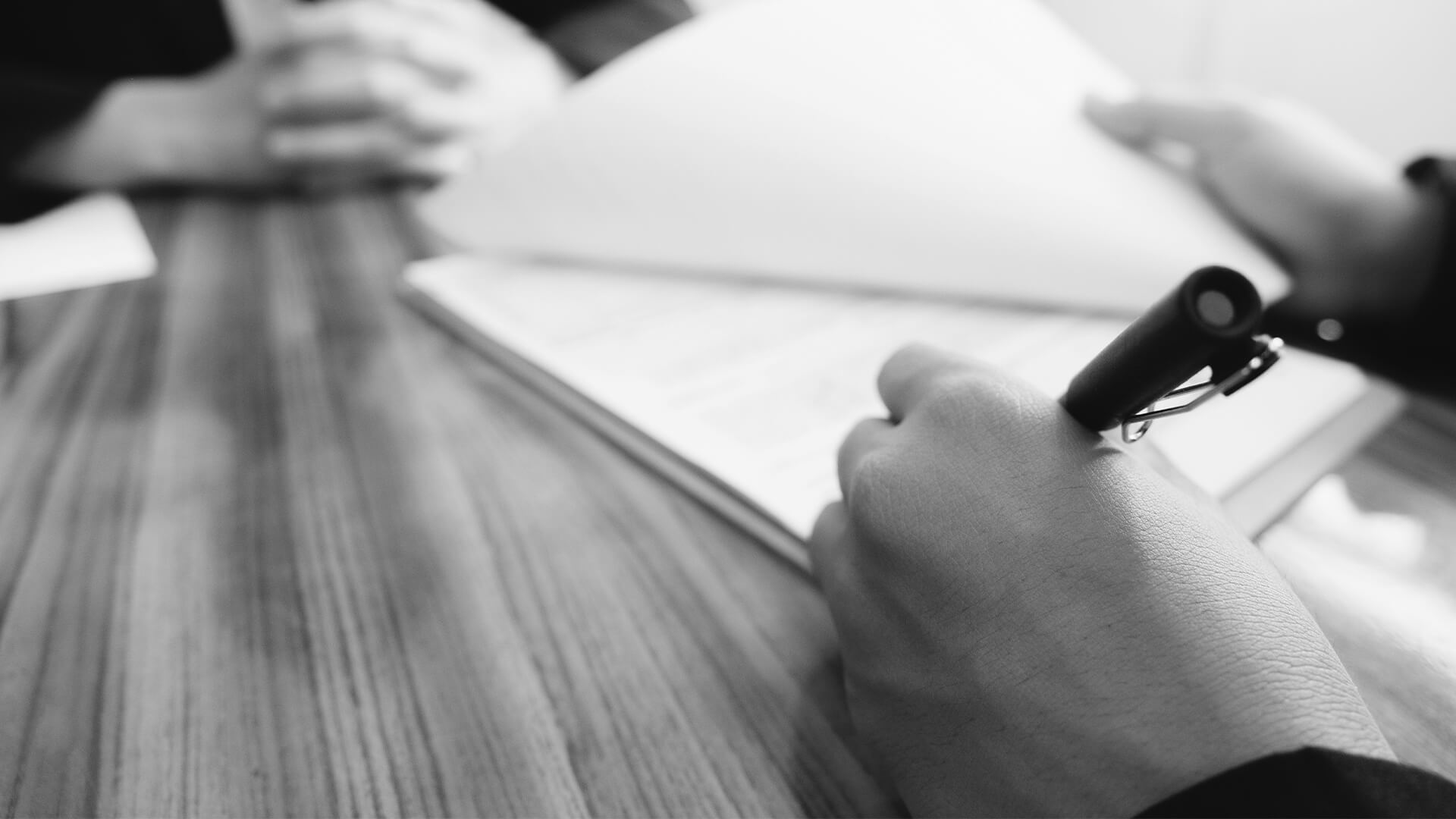Intellectual Property infringement is the infringement or violation of an intellectual property right such as: copyrights, patents, trademarks, industrial designs, and trade secrets without having the proper authorisation, permission or allowance from the person who owns those rights or their representative. An infringement may be a criminal offence, as well as being actionable in civil law.
A range of criminal offences are set out in the relevant Acts, and other offences such as under the Fraud Act 2006 may also be applied. Criminal offences are most often associated with organised crime groups who market fake branded goods or pirated products.
The enforcement of Intellectual Property laws is, primarily, by trading standards with support from the police, and with investigative assistance from the Intellectual Property Rights owners.
If you have a claim for an Intellectual Property infringement you may go to the Copyright Tribunal (previously known as the Performing Rights Tribunal) which consists of a Chairman and two deputy Chairmen who are appointed by the Lord Chancellor and must be experienced lawyers and between two and eight members who are appointed by the Secretary of State.
The Tribunal hears and determines disputes relating to the Intellectual Property infringement. The jurisdiction of the tribunal is set out in sections 149, 205B and schedule 6 of the Copyright, Designs and Patents Act 1988, as amended. The main role is to adjudicate in commercial licensing disputes between collecting societies and users of copyright material in their business. Infringement may also be dealt with in the civil courts such as the High Court (Chancery Division), the Intellectual Property Enterprise Court and certain county courts where there is also a Chancery District Registry.
Though the starting point is typically The Intellectual Property Enterprise Court. This court hears intellectual property cases of any kind. For the most part this means cases concerning patents, registered designs, unregistered designs, trademarks, passing off, copyright, database rights, performance protection rights, trade libel and breach of confidence. There are other intellectual property rights less often relied on, such as moral rights, semiconductor topography rights and the protection of plant varieties, and all of these may also be litigated in The Intellectual Property Enterprise Court.
All the remedies available in the High Court can be claimed here, and these include preliminary and final injunctions, orders for the payment of damages or an account of profits, search and seizure orders, asset freezing orders and orders requiring the dissemination of a judgment (such as publication on a website) may also be granted.
A person may represent themselves in litigation, however, intellectual property disputes can be complex and litigants will often benefit from the assistance of a professional representative.
Before starting a claim there might be some pre-action conduct required. This is outlined comprehensively here: http://www.justice.gov.uk/courts/procedure-rules/civil/rules/pd_pre-action_conduct. It sets out the expectations of each party before the commencement of any proceedings for a particular type of case. To summarise a court will expect parties to have exchanged sufficient information to—
- understand each other’s position;
- make decisions about how to proceed;
- try to settle the issues without proceedings;
- consider a form of Alternative Dispute Resolution (ADR) to assist with settlement; support the efficient management of those proceedings; and
- reduce the costs of resolving the dispute.
Proceedings are started when the court issues a claim form. To have this done, the intended claimant must complete Form N1 and send it to the court. Form N1 and notes for completing it can be found at www.gov.uk/government/publications/form-n1-claim-form-cpr-part-7. This form can be filed with the courts online. A guide as to how this may be done is at www.gov.uk/guidance/ce-file-system-information-and-support-advice. Fees are charged by the court for starting proceedings, for the trial and for making an application. These fees will depend on the value of the claim and can start at a relatively low price but may exceed the tens of thousands.
Once an application has been filed and served on the opposing side, the applicant will then be required to contract the judge’s clerk in order to fix a date for the hearing, and if it is a matter of urgency reasons should be given for this. The trial date will be fixed at a case management conference. After this the court will contact the parties to confirm the trial date and request the payment of the trial fees, which must be paid within 14 days of the trial date being set.
Bundles with all the information relating to the trial should be lodged by noon two working days before the trial date. The typical contents of a bundle will comprehensively and coherently set out the following:
- Statements of Case
- Claim Form and Particulars of Claim.
- Defence and Counterclaim.
- Reply and Defence to Counterclaim.
- Part 18 Requests for further information and Responses.
- Orders
- All earlier orders of the court made in the proceedings.
- Evidence
- Witness statements.
- Experts’ reports.
- Exhibits
- Documents exhibited to the statements of case, witness statements and experts’ reports.
- Disclosure
- Documents produced in disclosure on which any party seeks to rely.
- Correspondence between parties or their legal advisors may be included, but strictly only to the extent that will be relevant at the trial or other hearing.
Following the trial, a judgment will typically be given at a later date. Following this, there will often be a hearing after the judgment has been handed down in order to finalise the order to be made in consequence of the judgment. This may be immediately after the judgment is handed down or it may be at a later date.
















